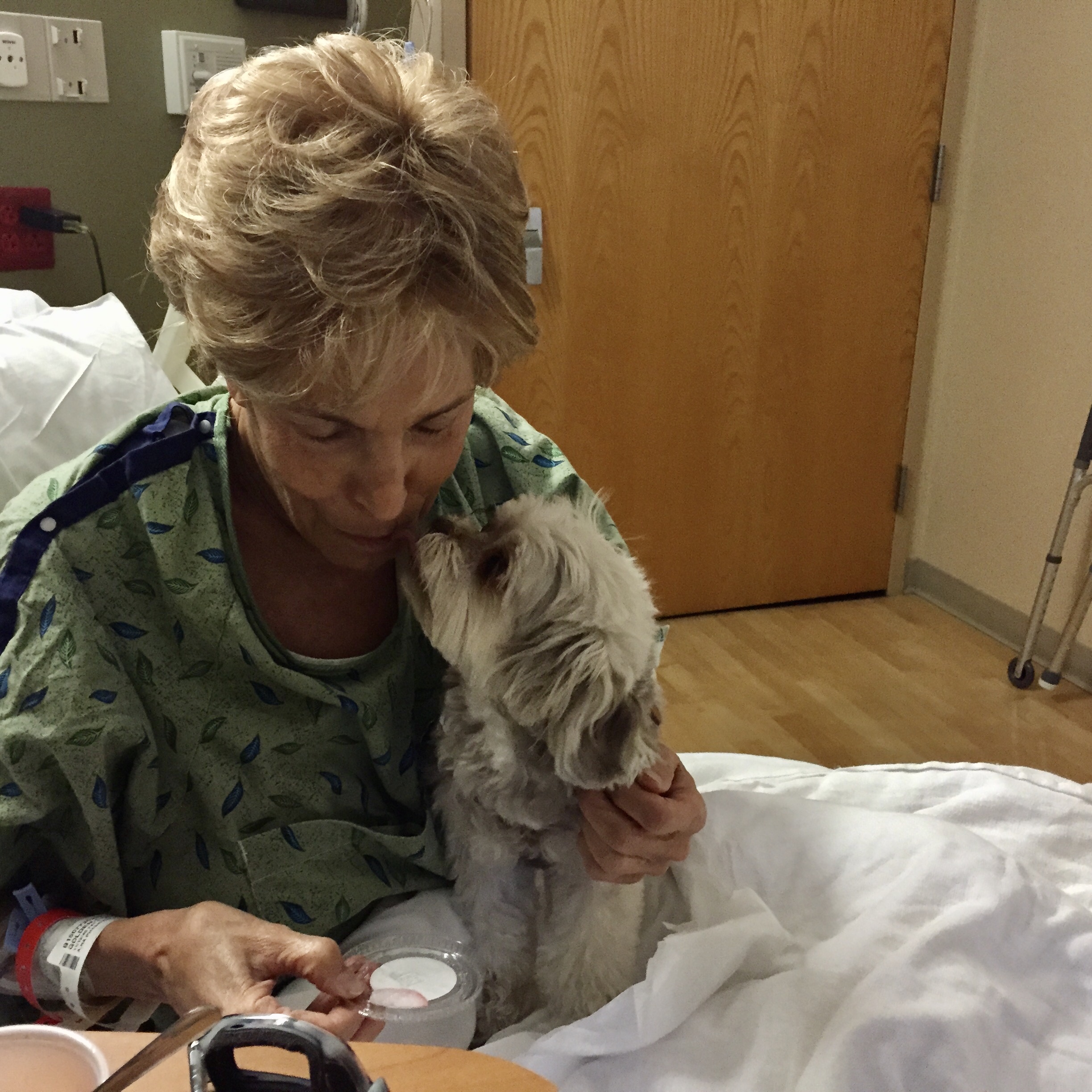The surgeon calmly walked in to give us the news. Dr. Nitin Mishra and his team at Mayo Clinic had been working for hours to remove a cancerous tumor from my mother’s colon and to collect enough of her tissue to conduct more tests.
Dr. Mishra had a bedside manner that was better than any hospital doc I’d ever met, so the warm smile he wore when he entered the room didn’t necessarily mean a thing. But somehow there was no mistaking it. I could tell that my mom was okay.
This all happened on a very long Thursday in 2015. My mom has been cancer-free since that day, and of course we still don’t have the words to properly express our gratitude to Dr. Mishra.
But I did have some words for him before the surgery. Many. I grilled this doctor as if he were a star witness in the O.J. trial.
I kept peppering him with question after question, no matter how dumb or how obnoxious. I didn’t care. I wanted to know the strategy.
How much tissue are you taking? Why that much? Why not more? Why not less? How risky is this considering her slight weight? Her pancreatitis?
Dr. Mishra was pretty patient with me. I’d say uniquely patient. At one point I challenged him with a question that he didn’t want to answer. I could feel him starting to get annoyed. Tough.
What compels any of us to go after answers — the truth — in such a relentless fashion? Generally, our assertiveness will correspond with how highly we value the information.
And nothing focuses the mind like the prospect of death.
This is what we’re seeing right now in the lives of hundreds of millions of Americans. We are all collecting information about the Coronavirus. Each, in our own separate ways.
We’re asking ourselves: Which sources of news and government information should we trust? Which medical professionals are the ones who have it right? Do any of these public voices know for sure? Are there political agendas involved?
Once we put all of that information together, then we have to ask ourselves what action to take as time moves forward.
I have folks in my life that are on diametrical opposite ends of the spectrum in terms of how serious they think COVID-19 is — and how we should react to it. I have friends who believe we should never have shut down our daily lives to the extent we have, and others who think no one should be going back out into public yet.
It’s the ultimate example of independent thinking. Questions of life and death require it. Yes, we have to base our conclusions on others’ research and thinking — but at the end of the day, we are all making that weighty decision for ourselves.
This is a good thing. I only wish that we could apply similarly rigorous standards of information-gathering and decision-making to the political and policy debates we have in our country.
Do we challenge ourselves by tuning in to alternate sources of information and thoughtfully considering what we find? Most of us do not. We knee-jerk each day to the sources that we know will present content that we’re likely to agree with.
I’m not preaching — I include myself in this equation.
While I try to seek out and consider perspectives that aren’t in line with mine, I don’t do it enough. Certainly not as much as I did when I worked as a news reporter. Because that was the job — presenting both sides (or more) of an issue or storytelling.
Over the last 30 years, our politics and political discourse in this country has been jacked up to a level where it’s often hard for us to hear each other anymore. And a controversial presidency has put that trajectory on steroids.
Yet it doesn’t have to be this way. Every single one of us has the capacity, and I would argue the civic responsibility, to educate ourselves about the issues and policy questions of the day.
What do we think are the best solutions? Who and what represents our sense of right and wrong? How do we get in touch with our real moral compass — and does it tell us?
It can be very easy to get pulled into a herd type of thinking. Strength in numbers carries a powerful magnetic force, and our culture and our politics have become conducive to it. But blindly following one’s tribe can lead to disastrous results.
The good news is that no force on earth can overcome our own will to think and decide for ourselves once we engage it. Folks will tell you all day what you should think, but they have no power to make it so unless you let them.
I probably went overboard in my interrogation of Dr. Mishra. But so what. My mother’s life was in his hands and I wanted information.
The smart money in life is to question all assumptions and keep an open mind. Even when it’s inconvenient.
The more we think for ourselves individually, the more we will all advance collectively.
It is part and parcel of our democracy.


